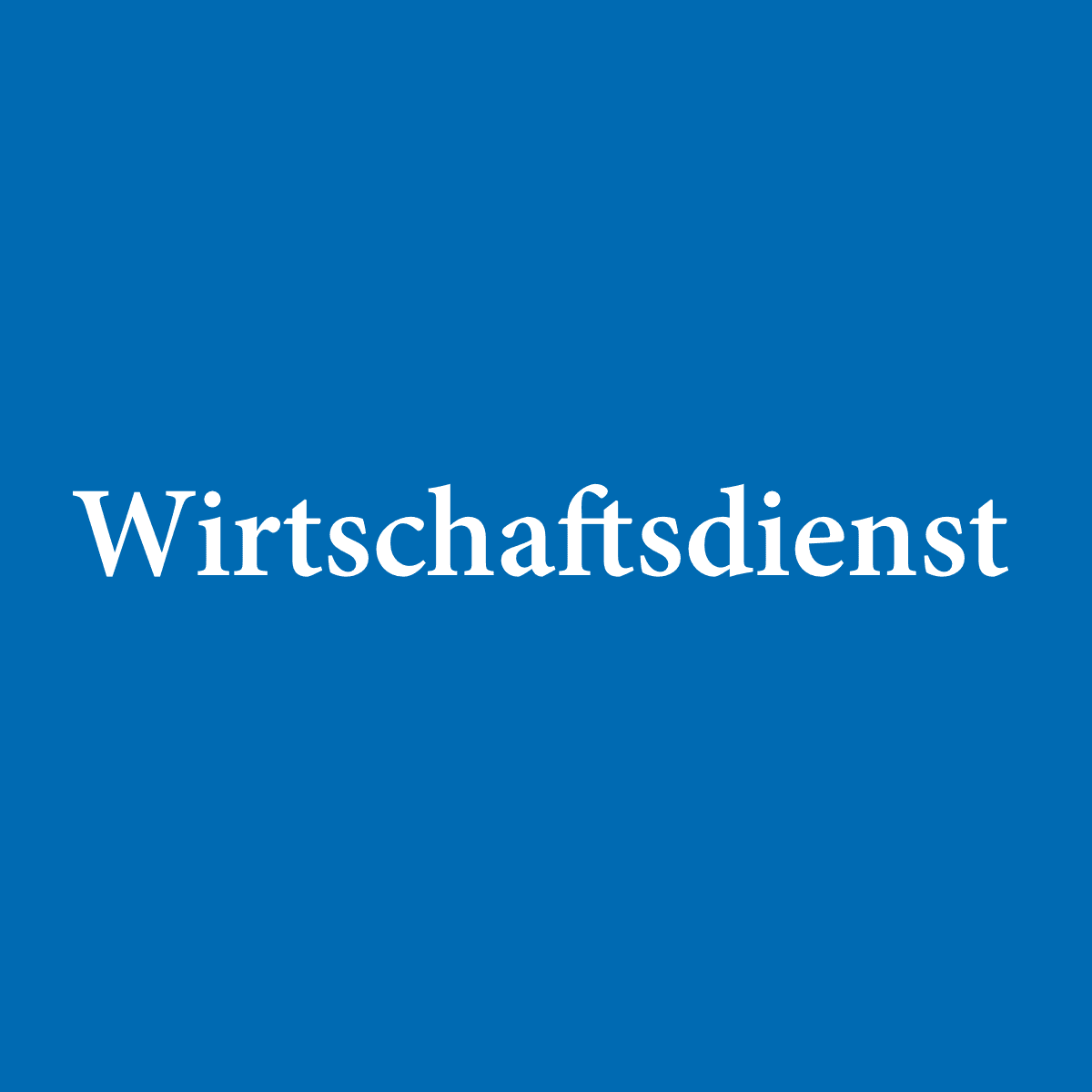AI-Generated Summary
Housing Cooperatives in Challenging Times: A Summary
Context and Relevance
The article "Housing Cooperatives in Challenging Times," authored by Prof. Dr. Theresia Theurl, head of the Institute for Cooperative Studies at the Westfälische Wilhelms-Universität Münster, addresses the pressing challenges facing the housing sector, particularly housing cooperatives. Published in a reputable economic journal, it examines the evolving landscape where both providers and demanders of housing must navigate complex issues that threaten their existence. The housing industry is currently grappling with multiple challenges, including a crisis in energy supply that necessitates immediate action from policymakers, providers, and housing seekers. The ongoing developments underscore the need for strategic adjustments and structural reforms in the cooperative housing sector.
Key Challenges
The housing market is experiencing significant pressure due to rising financing costs, high inflation rates, and reduced funding for new construction and renovations. These factors have emerged against the backdrop of energy shortages, compelling housing cooperatives to prioritize supply security, often at the expense of necessary investments. Members of these cooperatives are facing liquidity shortages, leading to a situation where advance payments are insufficient to cover utility costs. Consequently, plans for increasing rents and ancillary costs have been postponed, resulting in delays or cancellations of new construction and refurbishment projects.
Long-Term Strategies
Despite the immediate crises, housing cooperatives have previously engaged in long-term strategies aimed at restructuring their housing stock to adapt to demographic and societal trends. These strategies include the digitalization of processes and the enhancement of living spaces, taking insights from the COVID-19 pandemic into account. The government has set ambitious goals, including the construction of 400,000 new affordable homes annually, yet barriers such as skyrocketing construction costs and lengthy approval processes hinder progress toward these objectives.
The Role of Housing Cooperatives
In Germany, approximately 2,000 housing cooperatives provide affordable and secure housing for nearly 5 million people, representing over 10% of the total rental housing stock. These cooperatives distinguish themselves through their governance structures and member-oriented principles, which enable them to respond effectively to market changes. Their average rent per square meter is lower than that of other housing providers, with a consistent higher proportion of elderly residents.
Financial Stability
Housing cooperatives operate primarily on a member-focused economic model, which affects their investment financing. In 2021, they invested 6 billion euros, with 40% allocated to new construction and 36% to maintenance and modernization. The long-term debt ratio for cooperatives remains significantly lower than that of other housing companies, indicating a solid financial foundation essential for sustainable growth.
Need for Political Support
The article emphasizes that both housing cooperatives and governmental bodies must work together to create a stable investment environment. Current uncertainties regarding energy supply and unclear funding policies hinder the establishment of a reliable framework for housing cooperatives. Effective crisis management, including transparent communication and timely interventions, is essential for ensuring that these organizations can continue to provide affordable and sustainable housing in the face of ongoing challenges.
Conclusion
The sustainability of housing cooperatives is closely tied to their member-focused strategies and long-term commitments to social responsibility. While they face immediate challenges, their unique governance structures and dedication to affordable housing position them as vital players in the quest for sustainable urban living across Europe. The ongoing dialogue between housing cooperatives and policymakers will be crucial in navigating these turbulent times while achieving climate protection goals and ensuring secure housing for all.
